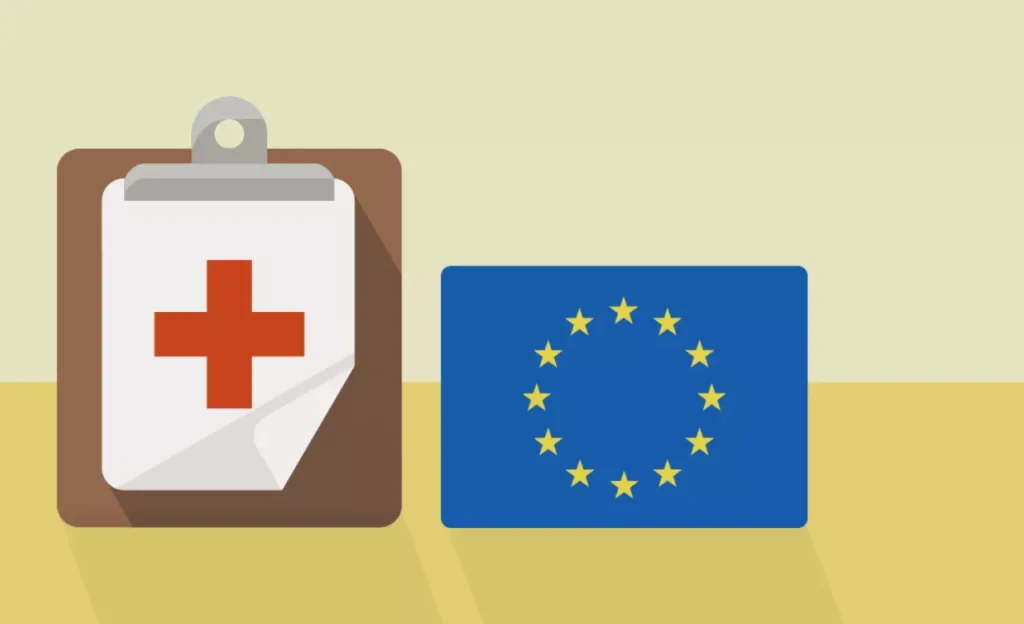A recent evaluation of EU candidate nations reveals the progress and challenges faced by nine countries striving to meet EU health standards.
Aspiring EU members must align with the bloc’s comprehensive health standards, which include digital health frameworks, preventative health measures, and strict regulations on substances like tobacco and alcohol. According to Commissioner Olivér Várhelyi, designated as the next EU Health Commissioner, enlargement is currently one of the top issues for EU leadership.
This annual progress review assesses where each candidate stands in relation to EU health requirements, highlighting the structural changes still necessary for EU membership eligibility.
The Journey Ahead: Albania, Bosnia, Kosovo
Albania, Bosnia, and Kosovo have made early strides but still face considerable gaps in meeting EU health benchmarks.
Bosnia and Herzegovina showed limited advancements in 2024, particularly struggling to adopt EU tobacco control measures. Its minimal involvement in the European Centre for Disease Prevention and Control (ECDC) programs hinders its readiness to integrate into EU health structures. Corruption in Bosnia’s healthcare, particularly evident during the pandemic, remains a significant barrier.
Albania needs to bolster its healthcare workforce and infrastructure, especially in primary care, where citizens often turn to private providers due to limited public options. While Albania has joined the EU’s Critical Medicines Alliance and adopted a mental health action plan, it still lacks a national cancer registry, and smoking restrictions in public spaces are not well enforced.
In Kosovo, health financing remains underdeveloped, limiting universal health coverage access. Despite introducing a cancer screening program and some progress in patient rights, Kosovo still lacks systematic checks and a national cancer registry.
Areas for Improvement: Moldova, Ukraine
Moldova and Ukraine have shown moderate progress, demonstrating readiness in some health protection areas while needing further enhancement.
Ukraine faces dual challenges: reforming its health sector while addressing wartime needs. Despite these obstacles, Ukraine has advanced cancer prevention and communicable disease initiatives, though it still lacks a comprehensive health strategy.
Moldova’s health system, still recovering from COVID-19 and addressing refugee and energy crises, is progressing with a national health strategy targeting 2030. While cancer screening programs are now in place, corruption in healthcare remains problematic.
Moderately Prepared: Montenegro, North Macedonia, Serbia
Montenegro, North Macedonia, and Serbia have made substantial progress in aligning with EU health standards.
Serbia, for example, updated its health records legislation in line with EU data protection laws but faces challenges in enforcing tobacco control and raising awareness on childhood vaccinations. Serbia’s mental health services also require development to improve access.
Montenegro has implemented a healthcare strategy (2023–2027) and invested in IT infrastructure to improve service accessibility. In 2024, it joined the EU4Health program, a promising step toward EU health integration.
North Macedonia, while largely prepared, struggles with funding and staffing issues. Low numbers of specialists and nurses, coupled with a preference for private or international roles, hinder its public health sector.
Strongest Contender: Türkiye
Türkiye stands out for its preparedness in health standards. Despite setbacks from the 2023 earthquakes, Türkiye has advanced its healthcare systems, especially in managing cross-border health threats and communicable diseases. The country’s mental health de-institutionalization policy has established 182 community health centers.
However, challenges remain in reproductive healthcare access for women due to cultural barriers. Türkiye is a leader in living organ donations, but deceased donations are comparatively low.
Although Türkiye’s relationship with the EU remains complex, health cooperation has continued, as underscored in the 2024 EU-Türkiye Health Dialogue in Ankara, focusing on joint efforts for cancer care, mental health, and climate-related health issues.
